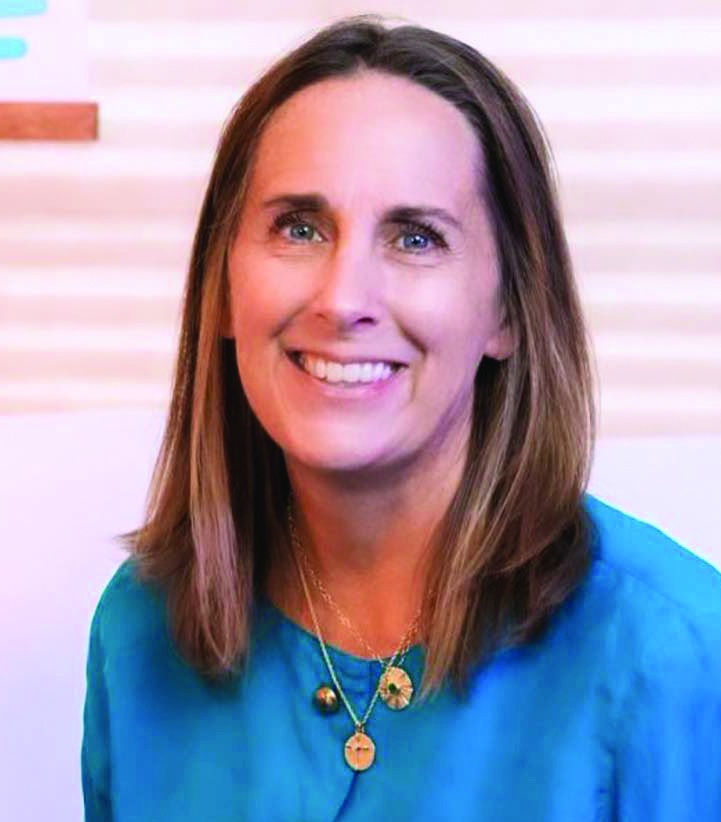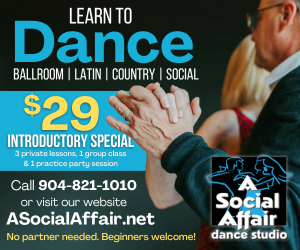By Susanna P. Barton
If you’re ready to get legit about life planning, make March the month you find a well-regarded lawyer who can transform your hopes and dreams into a legal record that stands the test of time. This is step three of a workable Grand Plan – an action that yields measurable results and inexplicable relief for you, your family and the community you serve. So, let’s get going with some order in the court!
Getting your legal affairs organized begins with finding the right attorney. As an adult rocking the second half, you’ll want to hire the most reputable elder law or estate planning attorney you can find.
Generally speaking and according to the National Elder Law Foundation, elder law attorneys practice “counseling and representing older persons and persons with special needs, and their representatives about the legal aspects of health and long-term care planning, public benefits, surrogate decision making, legal capacity, the conservation, disposition and administration of estates and the implementation of their decisions concerning such matters, giving due consideration to the applicable tax consequences of the action, or the need for more sophisticated tax expertise.” Elder law attorneys can assist with the legalities of the following issues, according to the American Bar Association:
• Health and personal care planning
• Pre-mortem legal planning (wills, trusts, etc.)
• Fiduciary representation
• Legal capacity counseling and representation
• Public benefits
• Special needs
• Insurance issues
• Resident rights advocacy
• Housing issues
• Employment and retirement advice
• Litigation and administrative agency advocacy
• Senior counseling
The National Academy of Elder Law Attorneys (NAELA) website has a search function to help consumers locate a certified elder law attorney in their area. But prior to that research, poll friends and family on the attorneys they’ve used and liked. Referrals are the best source for locating an elder attorney that suits your needs.
Estate planning attorneys do much of the same kind of work as an elder law attorney, but focus more on protecting and distributing your assets. According to the American Bar Association, estate planning attorneys “are familiar with your goals and concerns, your assets and how they are owned, and your family structure. It can involve the services of a variety of professionals, including your lawyer, accountant, financial planner, life insurance advisor, banker and broker. Estate planning covers the transfer of property at death as well as a variety of other personal matters and may or may not involve tax planning. The core document most often associated with this process is your will.” When you think of estate planning lawyers think about documents like wills, revocable trusts, power of attorney, living wills, healthcare proxies, probate, advance healthcare directives and asset protection.
Again, seek counsel first from friends, family and colleagues about their experiences with estate planning attorneys before visiting a reliable source directory like the American College of Trust and Estate Counsel at www.ACTEC.org.
According to the National Institute on Aging, these are the barebone basics you will need to have in your “important documents” file as you make your approach to the sunset stroll:
• A will
• A durable power of attorney for finances
• A living trust
• A living will
• A durable power of attorney for healthcare
Making official legal preparations is not just an empowering process; it’s a loving gift that continues in perpetuity. That’s the kind of verdict we all want and need!

Susanna Barton has worked as a professional writer in Jacksonville for nearly 30 years. Her book Grand Plans: How to Mitigate Geri-Drama in 20 Easy Steps and its accompanying workbook, the Grand Planner, are available in local stores and on Amazon.
Photo Credit Top: Kampus Production





